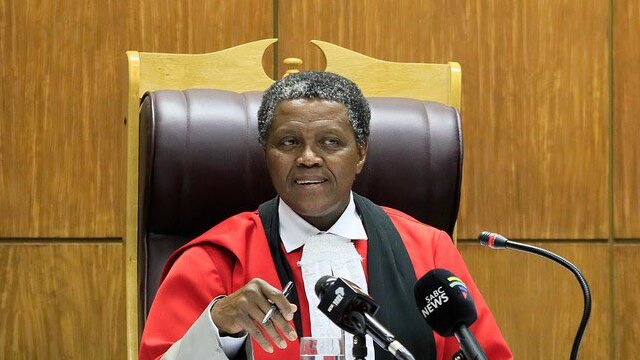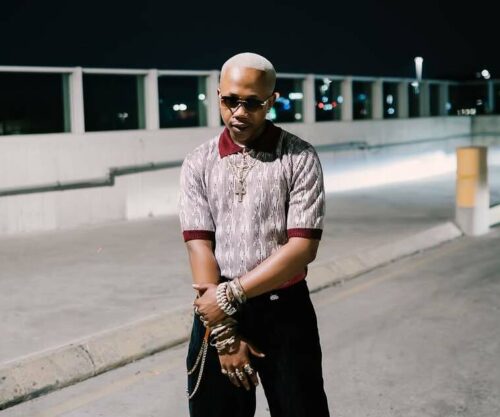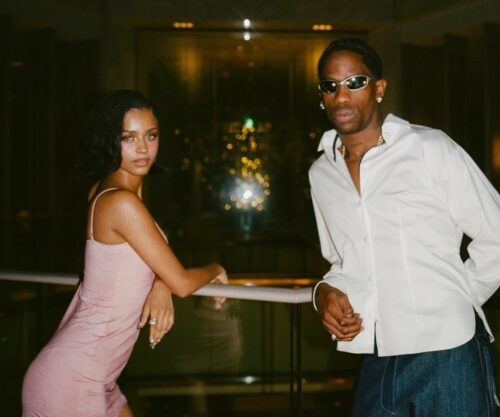
Judge Ratha Mokgoatlheng, presiding over the high-profile Senzo Meyiwa trial in the Pretoria High Court, recently made headlines for his racist remarks directed at Advocate Charles Mnisi.
In a surprising turn of events, Mokgoatlheng issued a public apology for his comments, which many deemed unacceptable.
In a video posted by Newzroom Afrika, he expressed regret for his actions and apologised to the entire legal fraternity, including judges, magistrates, prosecutors, lawyers, and law students.
He also apologised to religious leaders, South Africans, and even politicians offended by his behaviour. He acknowledged that his comments were racist, claiming it wasn’t a conscious act. He expressed his willingness to recuse himself from the trial if the accused believed his integrity was compromised.
During his apology, Ratha shared a personal anecdote, mentioning that his wife advised him to apologise to the people of South Africa. He jokingly asked if this included illegal immigrants, which some might interpret as a further misstep. Despite his efforts to make amends, many South Africans were unconvinced by his apology.
Judge Ratha Mokgoatlheng apologises for his remarks about black lawyers which were perceived to be racist.
Watch: https://t.co/MF95WUKu1R pic.twitter.com/R5rQeFChLP
— Newzroom Afrika (@Newzroom405) June 9, 2025
On the social media platform X (previously Twitter), users expressed their scepticism, with one user commenting, “Oksalayo, what he stated was facts. We rejected his apology, and we accepted what he stated.”
Another user chimed in, “He is apologising just for the hell of it. He doesn’t mean it.”
A third user suggested that Ratha’s apology came too late and that he should have handled the situation differently, saying, “Too late. We should learn from him, though. Learn to admonish each other without putting each other down. He should have rejected the request and then asked to see him in his chambers to give him a professional lecture.”
The backlash against his apology highlights the importance of accountability and sincerity in public apologies. As a judge presiding over a high-profile case, Mokgoatlheng’s words and actions are under intense scrutiny, and many expect a higher level of professionalism and integrity from those in positions of authority.
The controversy surrounding his apology serves as a reminder that words have consequences, and public figures must be mindful of their language and behaviour.
Also see: Senzo Meyiwa trial: Judge issues apology for racial remarks




